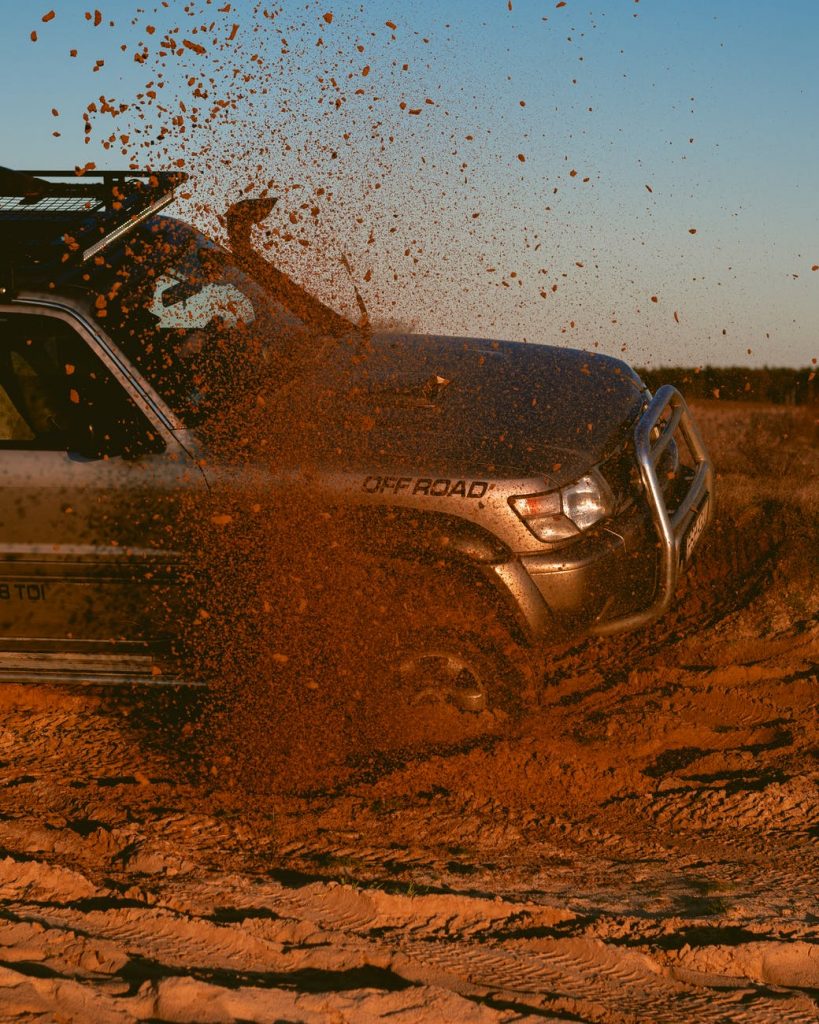Trucks of today are incredible machines. They’re designed to handle highways with ease, but they’re just as capable off the beaten path and into the dirt. What’s the purpose of having a 4×4 if you’re not going to utilize it at least occasionally? However, traveling off-road isn’t as easy as it appears. It’s a hard and perplexing journey, especially if you’re not prepared. To alleviate some of the anxiety, we spoke with several professionals and asked them to explain some of the fundamentals of exploring the countryside on four wheels.
1. Know Your Vehicle
Off-road, your vehicle features a number of important systems that play a role. It’s critical to comprehend who they are and what they do.

One such example is traction control. Traction control is standard on most current 4×4 cars. The vehicle may have a basic on/off setting or a sophisticated system with various settings programmed for varied traction circumstances, depending on the conditions it was meant to combat. Traction control, regardless of technology, employs brakes and/or 4×4 mechanicals to prevent wheel slide and ensure torque is transmitted from the tire to the path.
2. Do you have a plan in place for worst-case scenarios?
It’s critical to have a basic first-aid kit on hand. Though a decent first-aid kit won’t be able to handle all of your first-aid problems, it will include everything you need to stop bleeding, patch and clean small wounds, and keep you going until help comes. You can also never go wrong with having an Offroad Living slimline lithium battery. There are times when you may need to unbuckle your seatbelt, smash a window, or escape your car in an emergency. When you’re out on the trail, the last thing you want is for your rig to catch fire. The installation of a fire extinguisher in the cab is a simple approach to avoid fire damage. Even if you’re not transporting more than one person, always provide enough food for the vehicle’s maximum occupancy.
3. Know what you’re getting yourself into.
Definitely plan your recovery: If you experience any difficulties, you must plan ahead and prepare for recovery. Have a strategy in place for case you become trapped and what you’ll do to get out, since this will help you decide when it’s time to stop. Another essential is to quit as soon as you notice you’re stuck. Don’t keep spinning since it will just make things worse. When you’re applying an even amount of throttle and slowing down or losing velocity, you’ll know you’re going to become stuck.

Don’t drive on muddy routes; pack out whatever you bring in; don’t create new campsites, fire rings, or trails; and, in general, leave areas in better condition than when you arrived. Find a local 4×4 club to join for your first excursion if you’re new to off-roading.
Of course, you may not need all of the goods listed above on your first trip off-roading but knowing that you are prepared for the worst-case situation helps to set your mind at ease.